Travel trends for 2022: Domestic Tourism Continues its Reign
by on 09.12.2021
With the discovery of the Omicron variant and a spate of travel restrictions imposed upon South Africa and other African countries, the hope of a somewhat better summer season, so desperately needed, has been dashed.
Until very recently, South Africans were positive about the prospect of being able to travel in December and during the first half of 2022.
After conducting an online survey among 1728 South Africans, Cape Town Tourism (CTT) revealed in their Domestic Travel Intent report that 67% of respondents indicated that they were planning on going away during the festive season. For a whopping 96%, this will take the form of a domestic trip, while only 4% are planning on leaving the country (with other African countries being the main destination).
Among the segment who said they would be staying home during this time, 34% indicated that they were hoping to travel somewhere over the Easter weekend next year.
Financial constraints seem to be top of mind for both groups, as 76% of the latter group cited this as their main reason for staying home during December, while 16% of those intending to travel indicated that ‘expenses’ were their main concern for their December holiday.
Concerns around COVID-19, however, have dropped dramatically from 56% at this time last year to only 27% now.
The rising infection rate and onset of the fourth wave will most likely change this sentiment with many South Africans opting to stay home.
Prior to the outbreak of COVID-19, domestic tourism played second fiddle to international tourism with many South Africans feeling excluded from their own country's travel offering and the tourism sector dangerously over-reliant on the volatile international travel markets. These are the same markets that responded to the discovery of the Omicron variant by South African scientists with immediate and harsh travel bans.
CTT’s Domestic Travel Intent report does however provide invaluable insights into the South African domestic market, amid a flurry of similar travel trend reports - based on online survey results – released by a variety of international brands and organisations.
We’ve worked our way through reports by Booking.com, Amadeus, Airbnb, Evolve, Hilton and The Economist to share some of the most prominent travel trends with you.
Staycations and regional travel growing in popularity
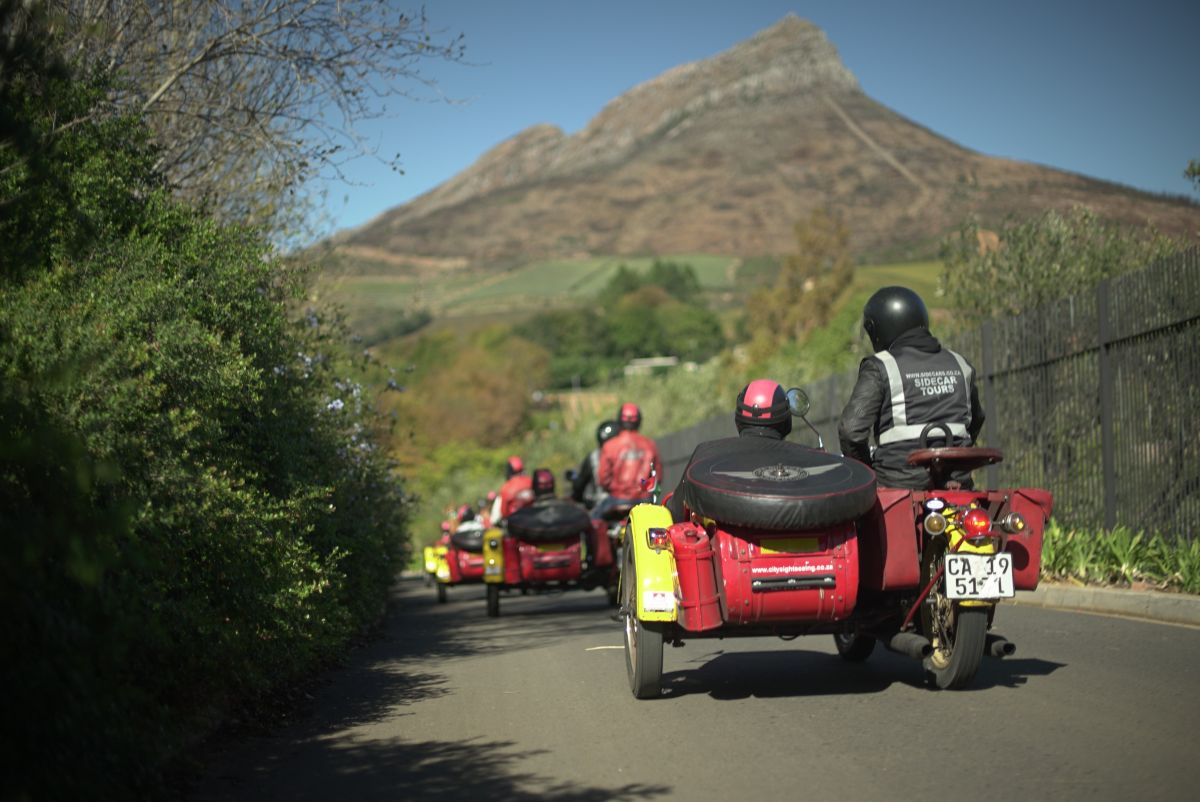
As shown in the CTT report, domestic and regional trips have become the go-to option for most South African travellers. With the majority of respondents (35%) budgeting between R500 and R1000 per day (including accommodation), we can safely assume that the choice to stick to local travel has much to do with financial constraints. Fortunately, we have no shortage of incredible destinations to visit, with respondents clearly favouring KwaZulu-Natal (23%) and the Western Cape (19%).
This trend is not unique to South Africa however, as domestic tourism is emerging strongly all over the globe.
In an interview with Marie Claire UK, Catherine Powell, Global Head of Hosting at Airbnb, said: “In the UK in particular, we saw the most amazing staycations, a renaissance of the British summer holiday with destinations like Sandgate in Kent or Seaburn in County Durham.”
In its Global Economic Trends and Impact 2021 Report, the World Travel and Tourism Council pointed out: “Domestic and regional vacations will reign in the short-term, with tourism businesses and destinations already adapting accordingly.”
Adding to this: “Although the recovery of Travel & Tourism has started domestically and regionally, it is essential to re-open international travel as swiftly as possible to ensure the sector’s recovery.”
Mindfulness and sustainability
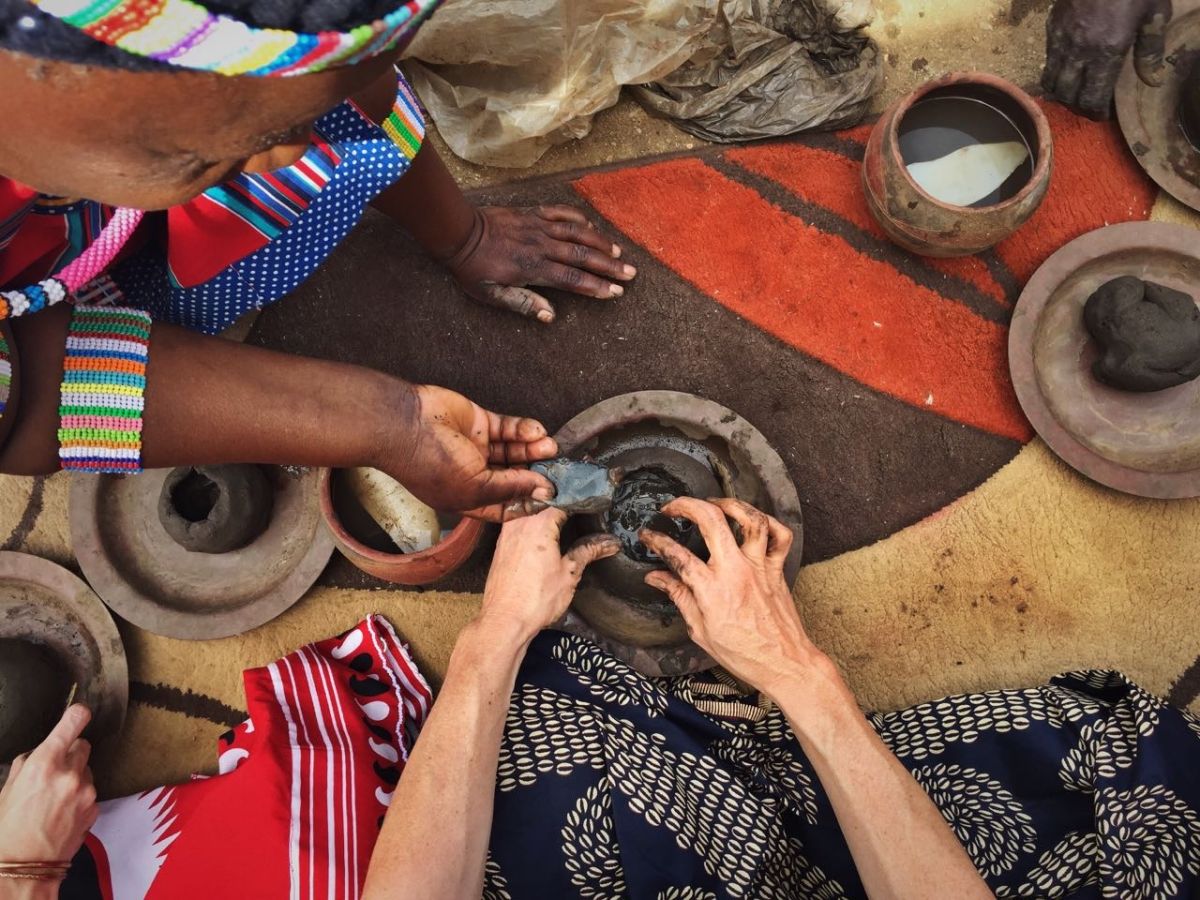
Over the past few years, we’ve seen an increasing number of travellers desiring to immerse themselves more deeply in the destinations they visit. Rather than watching the everyday lives of locals go by from the windows of a tour bus en route to the next sightseeing highlight, travellers want to become part of - and contribute to - their surroundings. Even just for a brief moment in time.
According to the Booking.com survey, 58% of travellers indicated that it’s important that their trip benefits the destination's local community in one way or another.
Similarly, a recent Amadeus-commissioned survey revealed that two-thirds of respondents considered sustainable travel a priority, and 37% were of the opinion that being involved in the preservation of tourist destinations will help the industry to become more sustainable in the long-term.
Remote working holidays
Since work-from-home has become the norm for a growing number of formerly office-bound employees, more and more people are realising that ‘home’ is a relative term in this context. As long as you have a laptop, a reliable internet connection for the odd Zoom meeting and the self-discipline to put in the necessary hours, work can really happen anywhere.
A survey conducted by Vacation rental hospitality company Evolve revealed that it is especially travellers over 40 who are driving the remote work travel trend.
They found that this group is almost four times as likely to book trips longer than one week – and over five times more interested in taking trips exceeding two weeks – than those under 40. This indicates that travellers over 40 are more likely to plan extended stays/work remote trips, while younger travellers are showing a clear preference for shorter trips of 3 to 4 nights maximum.
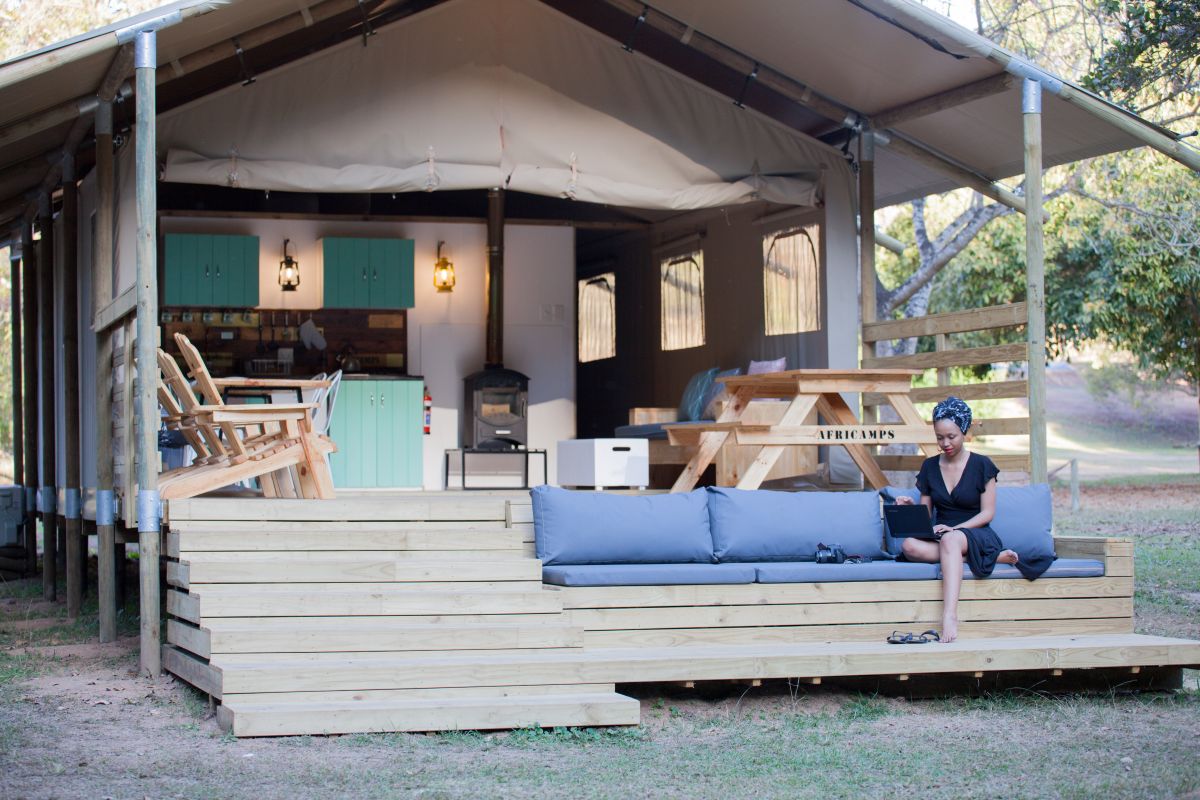
Resetting work boundaries
While remote working has certainly opened up the possibilities of more frequent travel for many, for others it has brought about the challenge of successfully balancing their career and travel plans.
The result of this has been the unfolding of an almost opposite trend to the one mentioned above. In the Booking.com survey, 73% of travellers said that they are planning on keeping vacations work-free in the future.
Along with this, we will no doubt see a rise in demand for destinations and accommodation that offer an appropriate setting for a digital detox. Instead of booking vacation rentals with WiFi, people might opt to disconnect entirely in order to return refreshed, revived and recharged to their home offices.
Self-care and wellness
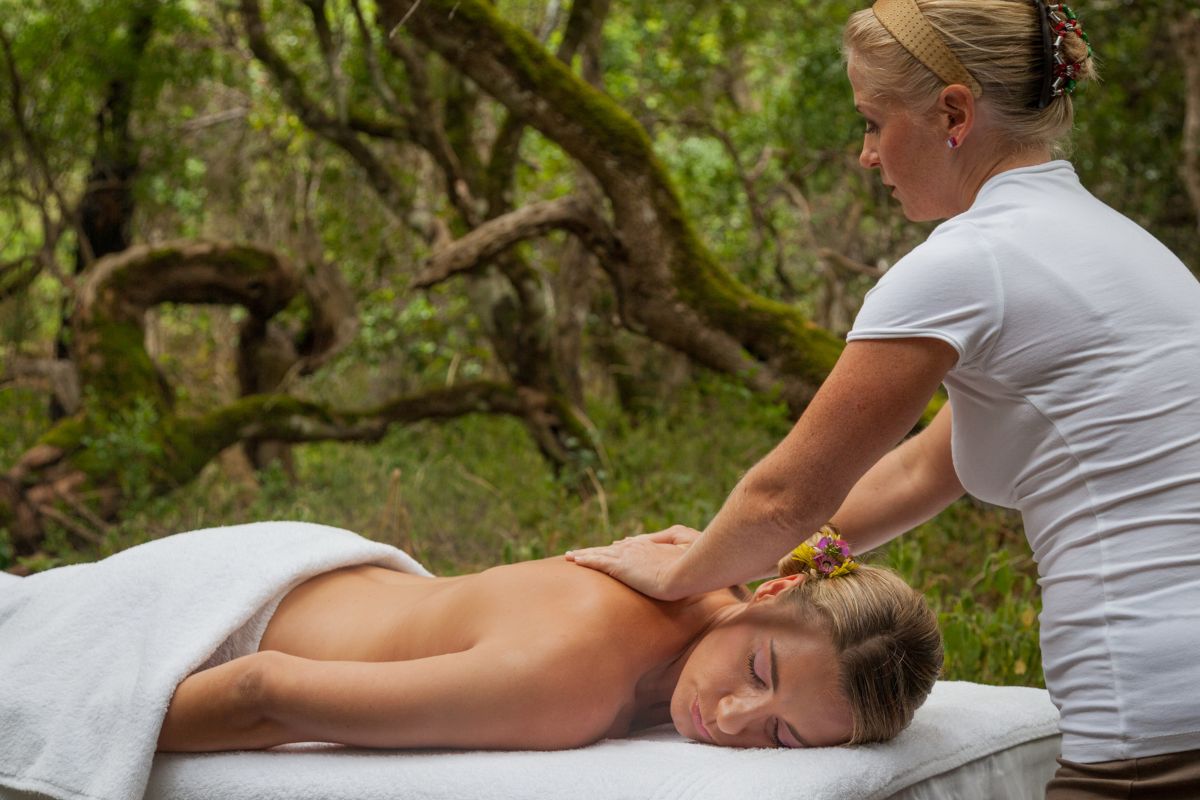
Closely related to the point above, Booking.com reports that almost 80% of their respondents saw travel in 2022 as a type of self-care.
“Not only do people value the opportunity to switch off more than ever, but they're also using travel to fully immerse themselves in new places and cultures. Whether it's spending time with friends and family, learning languages, or trying new food, travel will look different for everyone,” reads the report.
After a tough two years of isolation, loss, illness and myriad other personal challenges, people are craving a measure of gentleness and nurture - and seeking this out in their travel choices too.
Healthy eating, outdoor activities, exercise, wellness treatments and, of course, pure relaxation are bound to make up an important part of vacation itineraries.
Flexible booking
One thing the pandemic has brought to the attention of travellers, is the very real possibility of last-minute changes to travel plans - whether in the form of cancelled flights, accommodation bookings or entire countries’ borders being closed. On the other hand, it has also encouraged more travellers to take advantage of small windows of opportunity to travel while they can.
As Airbnb’s Powell points out: "The key trend has been flexibility: people can travel anytime and anywhere, they are no longer fixed by dates, or fixed by where they want to go.”
“[The pandemic] has had a revolutionary impact on how people travel. People have more flexibility, they expect more flexibility and we’re seeing companies offer more flexibility,” she says.
It’s the journey, not the destination
With travellers’ wings having been clipped for an extended period due to the pandemic, there’s a clear resurgence of excitement around the process of travel, rather than just reaching the destination.
This emerged strongly in the Booking.com survey, where 75% of travellers indicated that the journey to a destination is more enjoyable when it feels like part of the trip itself.
Outdoors and niche destinations beat big cities
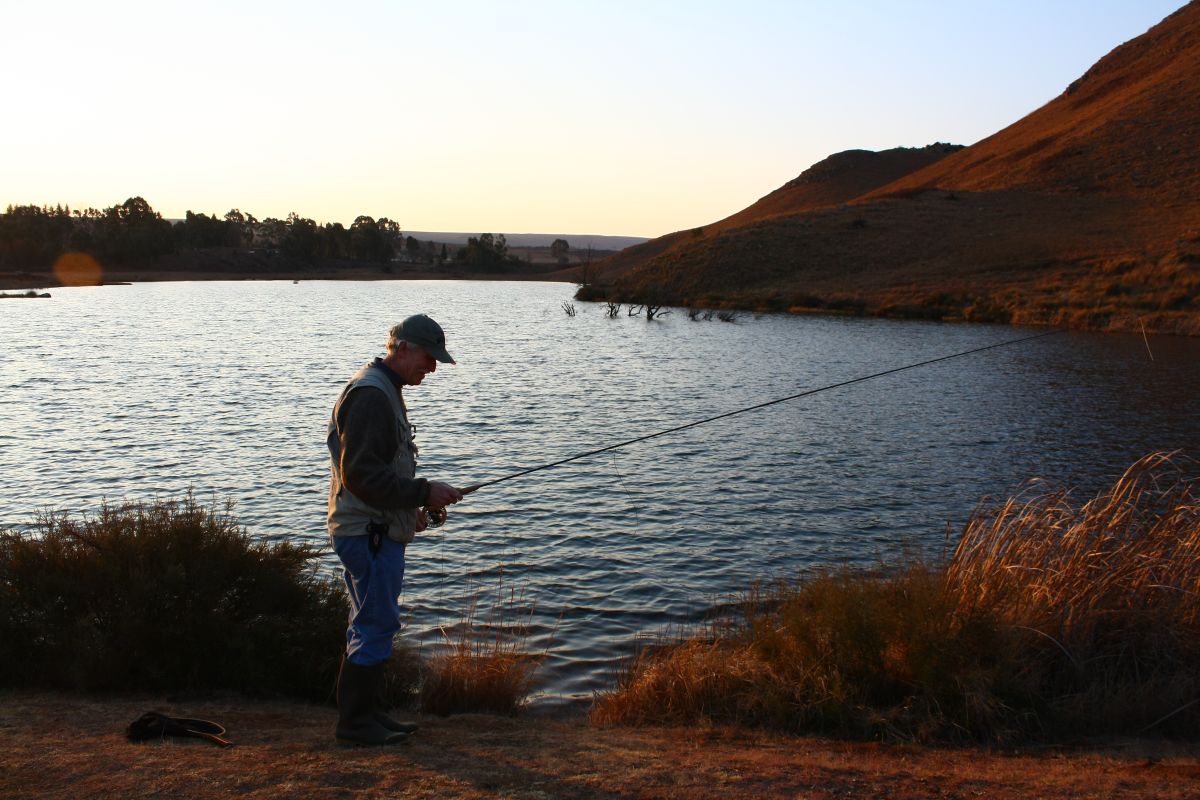
After several months of serious cabin fever, it seems as though travellers are craving wide open spaces and fresh air more than ever before.
According to Evolve, 58% of their survey respondents were most interested in exploring the outdoors - including hiking, biking, kayaking etc.
The report reveals that secluded mountain/rural escapes and waterfront getaways are by far the most popular 2022 vacation experiences, while urban experiences came in last with only 15% putting them at the top of their list for next year. City destinations will have to work hard on their pandemic-friendly offerings to attract visitors now looking to small towns and rural escapes.
Powell says that they’ve noticed a similar theme at Airbnb, with travellers opting for rentals in smaller, ‘niche’ cities (e.g. Seville in Spain and Trondheim in Norway) rather than big cities.
“The top 10 cities globally used to be 11% of our revenue, and now that’s gone down to 6%,” she said in her interview with Marie Claire UK.
Celebration of big life moments

With many big ‘life moments’ such as birthdays, graduations, weddings, births and anniversaries having been missed by family and friends due to the pandemic, making up for this lost time seems to be a priority for a large majority of travellers.
In a survey conducted by Ipsos on behalf of Google, more than half (56%) of Americans are likely to participate in a life moment in the next two years.
“Among that group, travel plays a key role, be that travelling for a wedding, job, education or moving. Of those planning to participate in a life moment in the next two years, 78% are considering travel related to those moments,” the report on Phocuswire reads.
Friendcations
In between the various levels of lockdown, many people have managed to reconnect with close family members - such as parents, siblings and grandparents - in person. Next up: the joyous extended friend reunion.
After almost two years of only being able to catch up through screens and voice notes/calls, a quick catch-up dinner will simply no longer cut it. Instead, groups of friends are gathering for weekends away or even extended vacations.
According to Amadeus, #Friendcations and group holidays are on the rise, both close to home and abroad.
“Big Cottages reported a 600% rise in bookings for groups of over 20 people,” the report reads.
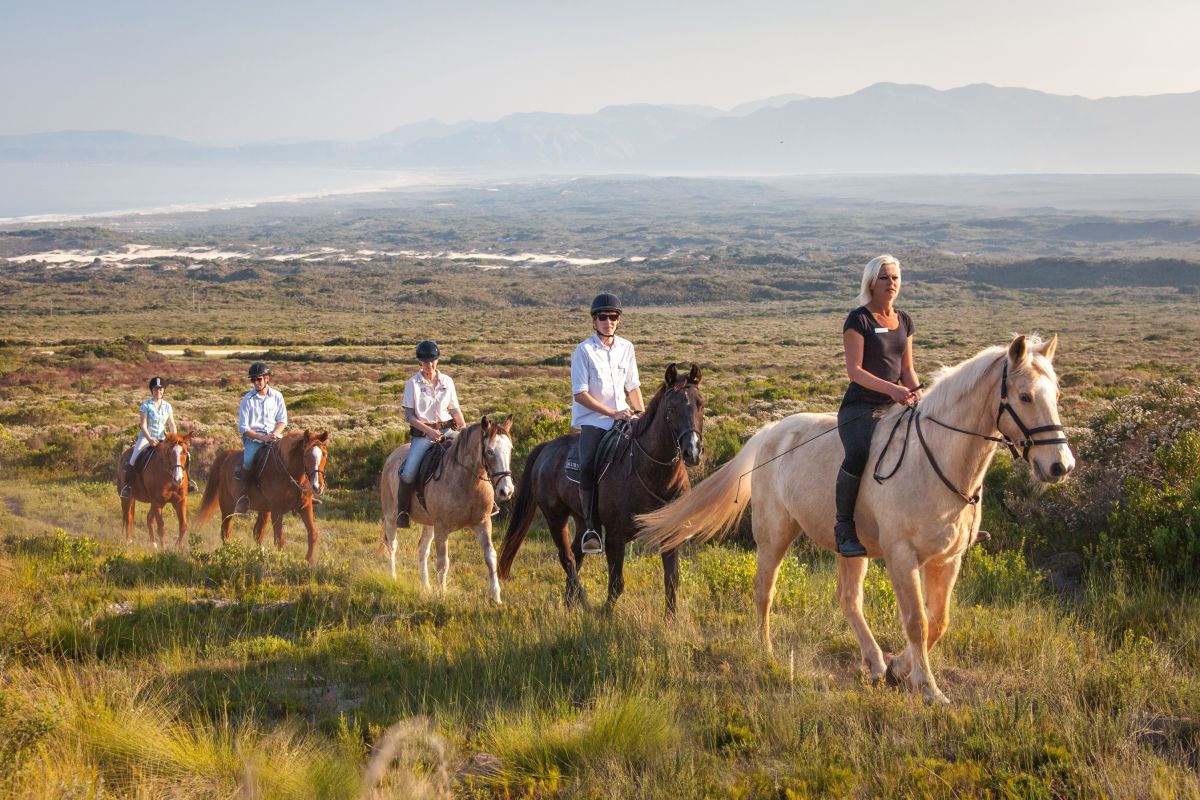
Our pick of local getaways
We've asked our friends and searched the internet for the best local travel getaways and deals. Check out our list here and book your local escape now. Your support of our local travel industry will help save businesses and jobs, plus you are guaranteed a well-deserved and relaxing break after a very tough year.